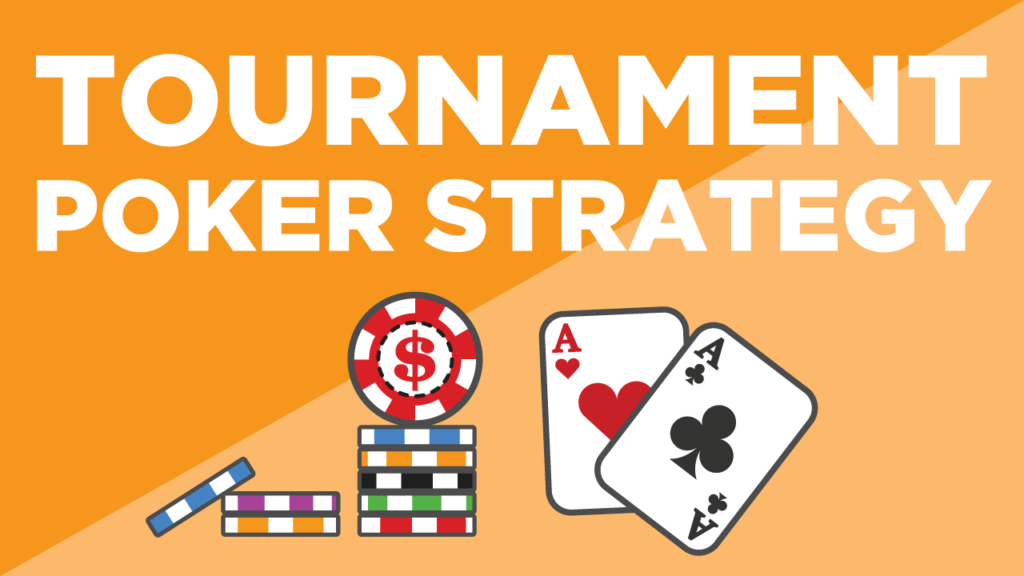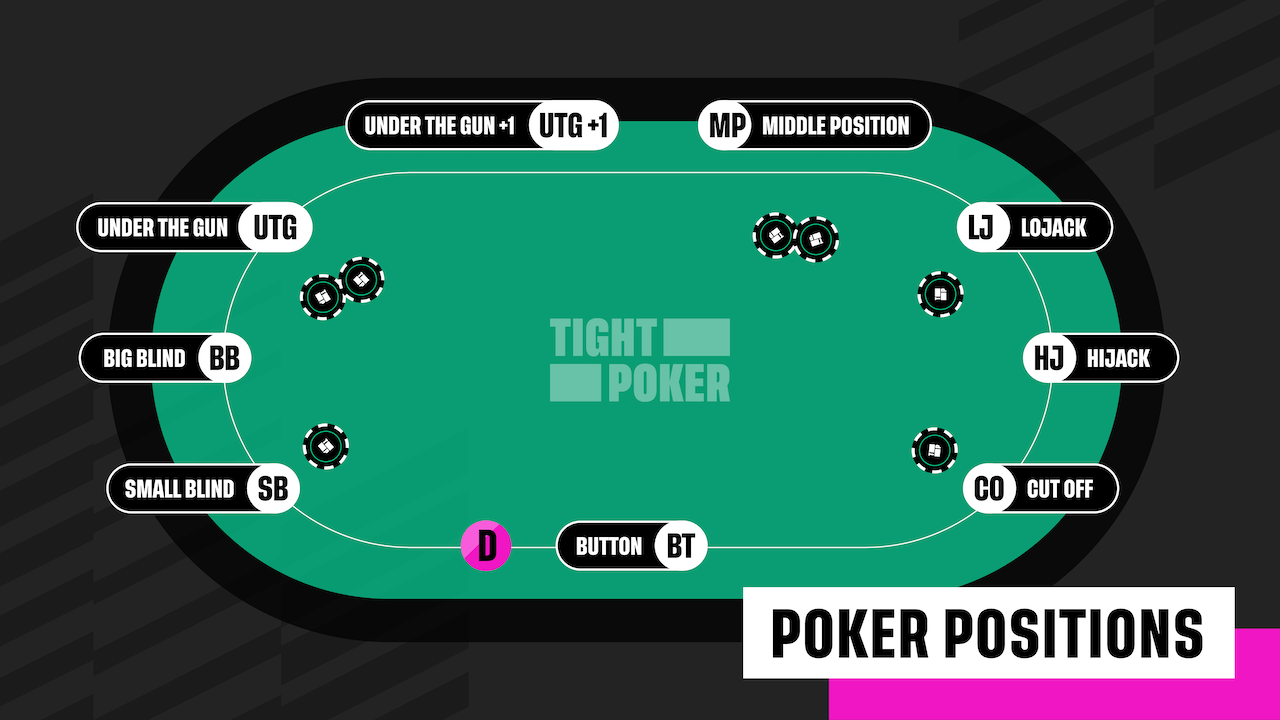Poker tournaments offer an exciting and competitive environment where players compete for significant prizes and prestige. For new players, understanding the structure and strategies of poker tournaments is crucial for making the most of these events. This guide provides an overview of poker tournaments, including their formats, strategies, and key concepts to help you get started.
What is a Poker Tournament?
A poker tournament is a structured competition where players compete to accumulate the most chips and ultimately win a share of the prize pool. Unlike cash games, where players can join or leave at any time, tournaments have a set starting time and continue until one player has all the chips or until the tournament is completed.
Tournament Formats
**1. Freezeout Tournaments
In a freezeout tournament, once a player loses all their chips, they are eliminated from the tournament. Players cannot buy back in once they are out, making it crucial to manage your chips effectively from the start.
**2. Rebuy Tournaments
Rebuy tournaments allow players to buy back into the tournament if they lose all their chips within a specified rebuy period. This format provides players with a second chance to continue competing.
**3. Bounty Tournaments
In bounty tournaments, players earn a cash reward (bounty) for eliminating other players. The bounty on each player can increase the strategic depth of the game, as players may be motivated by the financial reward for eliminating opponents.
**4. Satellites
Satellite tournaments are smaller, lower-stakes events that award entry tickets to larger, more expensive tournaments. Winning a satellite can be a cost-effective way to gain entry to major events.

Key Tournament Concepts
**1. Blind Structure
In tournaments, blinds increase at regular intervals, which forces players to make decisions under increasing pressure. Understanding the blind structure and adjusting your strategy accordingly is crucial for tournament success.
**2. Bubble Play
The “bubble” refers to the stage in a tournament just before players begin to receive payouts. During this period, players may become more conservative as they aim to secure a cash prize. Understanding bubble dynamics can help you exploit opponents’ tendencies and advance further.
**3. Endgame Strategy
As the tournament progresses, your strategy should shift based on the stage you’re in. In the later stages, when fewer players remain, focus on chip preservation, opportunistic plays, and adapting to the aggressive tendencies of opponents.
**4. ICM (Independent Chip Model)
ICM is a mathematical model used to assess the value of chips based on their potential payout. Understanding ICM helps you make better decisions regarding risk management and chip preservation, especially in tournament situations with varying payout structures.
Basic Tournament Strategies
**1. Early Stage Play
In the early stages, play more conservatively and focus on building a solid stack. Avoid risking large amounts of chips with marginal hands, as survival is more critical than making aggressive plays.
**2. Middle Stage Play
As the blinds increase and the tournament progresses, start expanding your range and making more aggressive plays. This is the time to accumulate chips and build a stack that will give you leverage in the later stages.
**3. Late Stage Play
In the late stages, focus on adjusting to the changing dynamics of the tournament. Play aggressively when you have a significant chip advantage and be cautious when short-stacked. Pay attention to your opponents’ tendencies and adjust your strategy accordingly.
**4. Final Table Play
At the final table, the pressure intensifies, and players are more focused on securing higher payouts. Use your chip position to apply pressure and exploit opponents’ weaknesses. Be mindful of the varying stack sizes and adjust your play based on the dynamics of the table.
Tips for New Players
**1. Bankroll Management
Ensure you have adequate bankroll management to handle the variance of tournament play. Avoid entering tournaments that are beyond your bankroll limits and focus on playing within your means.
**2. Study and Practice
Invest time in studying tournament strategy and practicing in various formats. Familiarize yourself with common scenarios and practice adjusting your play based on different tournament stages.
**3. Stay Patient
Tournament play requires patience and discipline. Avoid making rash decisions and focus on playing consistently well. Patience and strategic thinking are key to deep runs and success in poker tournaments.
**4. Adapt to Opponents
Observe your opponents’ playing styles and adapt your strategy accordingly. Understanding how your opponents approach the game can help you make better decisions and exploit their weaknesses.
Conclusion
Understanding poker tournaments involves grasping the various formats, key concepts, and strategies that influence your play. By familiarizing yourself with tournament structures, adapting your strategy based on the tournament stage, and practicing consistently, you can enhance your chances of success and enjoy the competitive thrill of poker tournaments.










